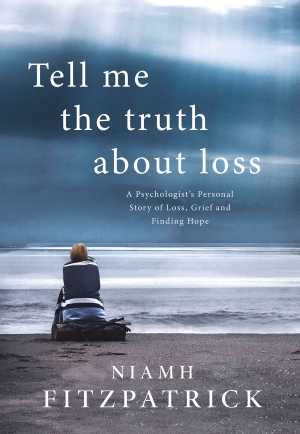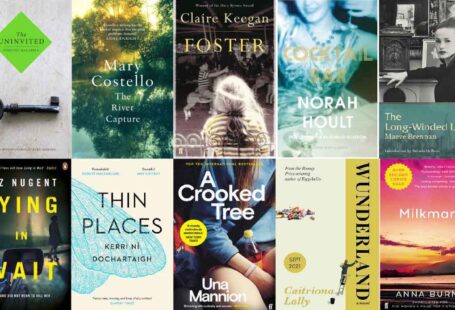The process of writing Tell Me The Truth About Loss has been one of the most powerful experiences I’ve ever known. In equal measures, one of the toughest and also one of the most cathartic.

It was tough because I wrote in real time. As I experienced, I described. Random notes, just words and sentences scribbled on my phone, a literary snap-shot of my experiences of loss. Eventually morphing those notes into paragraphs, pages, chapters. Writing was stop-start. I wrote, and was halted by grief. I paused, took some time, then I wrote again, and this remained the cycle throughout. Sometimes, I just stared at the screen, unable to write any words about grief because my mind and body were so overcome with the feelings of grief. I was consumed with simply surviving those towering waves of pain in a life after loss and there was nothing left of me to give to describing my experience. Life is ebb and flow however, and in time, those sharp edges of grief would ebb and I felt able to return to my writing, words and feelings and reflections tumbling out of me like water tipping over the edge of a glass.
It was cathartic because I wrote with the brakes off, giving myself permission to purge all those feelings of grief, even the ugly ones. Accepting and understanding them as I wrote. Reinforcing with each page that how I felt was (and still is) normal. I love Dara. Not past tense, present tense. She’s not here anymore to feel that love, but after 45 years as sisters, my feelings for the little girl with the dimples who grew up to be the woman who was my friend, remain as strong today as they were the last time we saw one another, two days before her untimely death. It’s understandable therefore, that grief is a savagely difficult experience: when you’re bereaved you have all that love with nowhere to go. Writing this book and having that space to express my love and my loss was cathartic beyond words and that it might serve as a tribute to Dara brings a whole other level of meaning to this book.

I love books. I love the look of them, the feel of them in my hands, I even love the smell of books. Mostly, I love how reading books makes me feel – inspired, empowered, educated, rested. I wrote Tell Me The Truth About Loss in the hope of helping others know that however they feel and whatever their experience of grief, it’s ok, it’s all part of the messy, bewildering, frightening yet normal response to loss. Most importantly, I wanted to write this book to let others know that loss and grief are survivable. That in time, I was able to find a sense of hope in my own life and perhaps by telling my own story, I could point towards that pinpoint of light to others behind me on the path of grief.
Niamh Fitzpatrick has a BA in Psychology, an MA in Clinical Psychology and an MSc in Sport Management, specialising in sport psychology. For 28 years she has worked with clients seeking to achieve optimal mental health as well as with clients aiming for optimal performance in sport, business or life.






Recent Comments